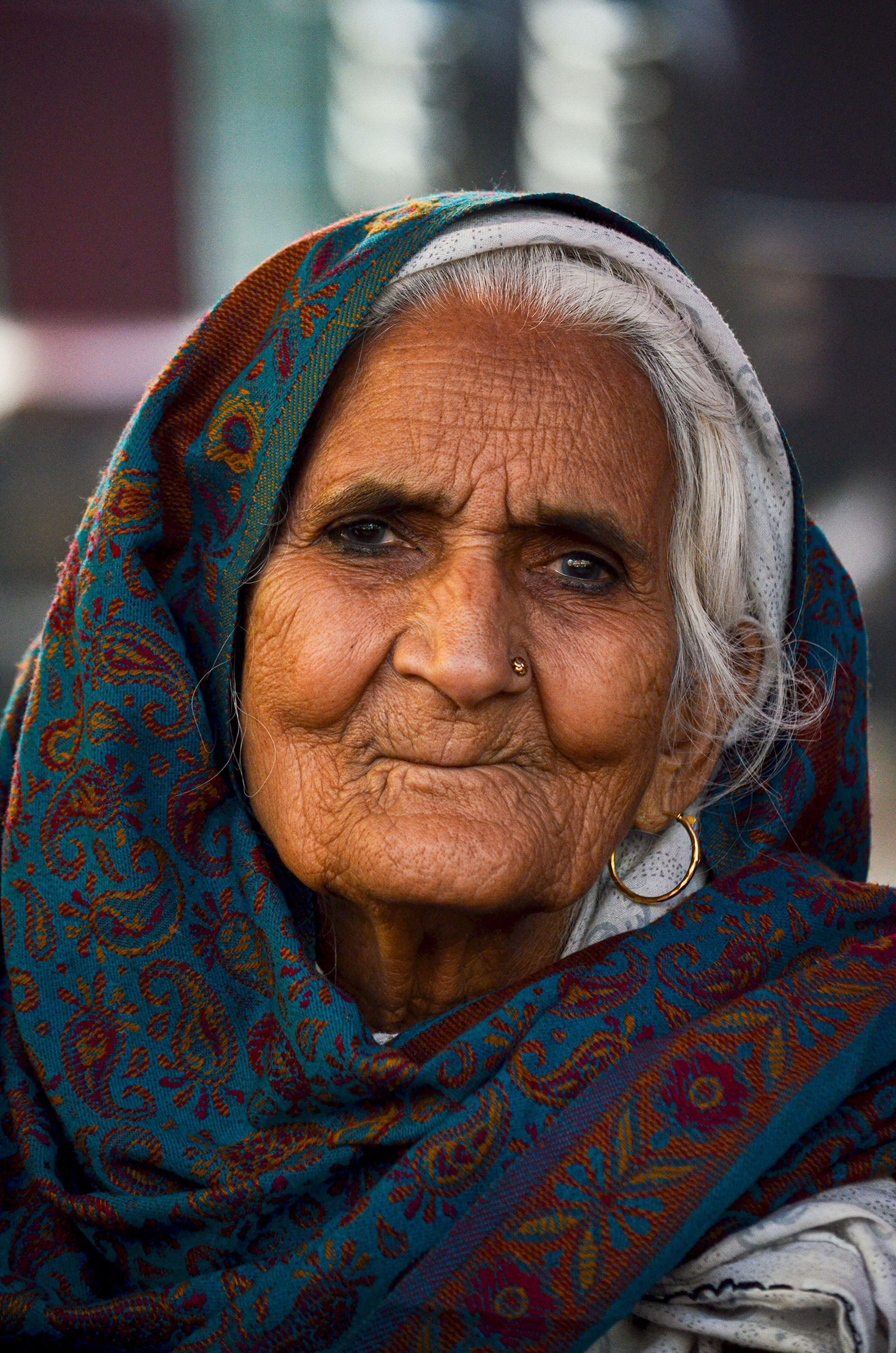When I first met Bilkis, she sat in the midst of a crowd, surrounded by young women who were protesting with placards displaying verses of revolution. With prayer beads in one hand and the national flag in the other, Bilkis became the voice of the marginalized in India, an 82-year-old who would sit at a protest site from 8 a.m. to midnight.
She had been sitting there ever since Indian Prime Minister Narendra Modi’s government passed the Citizenship Amendment Act, which could block Muslims from citizenship in the country, in December, and she continued through the cold winter. Bilkis, along with thousands of women who joined her in Shaheen Bagh, a neighborhood in New Delhi, became the symbol of resistance in a nation where the voices of women and minorities were being systematically drowned out by the majoritarian politics of the Modi regime. Bilkis gave hope and strength to activists and student leaders who were being thrown behind bars for standing up for the unpopular truth in a democracy that was sliding into authoritarianism, and inspired peaceful copycat protests across the country.
She said to me as a parting note: “I will sit here till blood stops flowing in my veins so the children of this country and the world breathe the air of justice and equality.” Bilkis deserves recognition so the world acknowledges the power of resistance against tyranny.
Ayyub is an Indian journalist and the author of Gujarat Files: Anatomy of a Cover Up
- Why Trump’s Message Worked on Latino Men
- What Trump’s Win Could Mean for Housing
- The 100 Must-Read Books of 2024
- Sleep Doctors Share the 1 Tip That’s Changed Their Lives
- Column: Let’s Bring Back Romance
- What It’s Like to Have Long COVID As a Kid
- FX’s Say Nothing Is the Must-Watch Political Thriller of 2024
- Merle Bombardieri Is Helping People Make the Baby Decision
